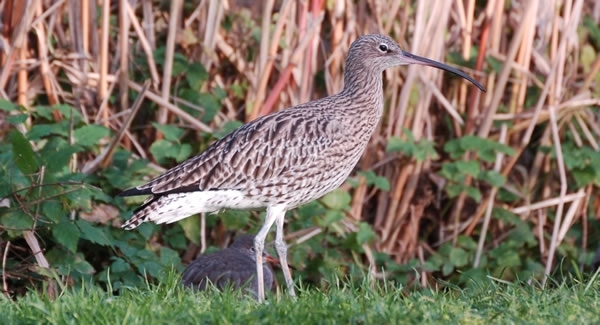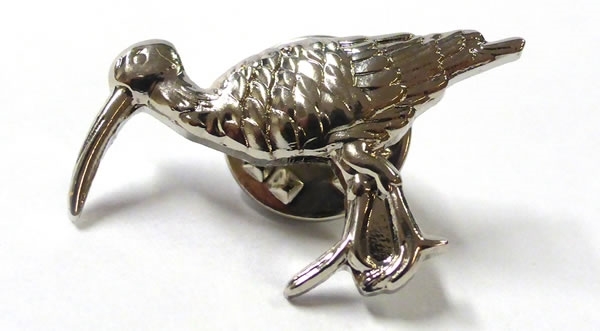
Surely I cannot be the only person connected to species management in this country, who is wondering when on earth we are going to tackle some of the more difficult questions that need answering? I say this because I have worked all my life in farming and conservation, yet I find myself discussing certain topics that I remember debating when I first started out in this career, yet no national decision has ever been forthcoming.
Meanwhile many UK species are plummeting towards extinction, while we continue our deliberations.
For example, just the other day I stood on a well-keepered estate high up on the South Downs, with a mixed group of people, all of whom represented a wide range of organisations involved in managing the countryside – Government included.
We had just been watching a good number of lapwing chicks on some fallow land, while the agitated parents flew overhead shouting out their complaints. This sight would have been commonplace across the country when I started out, but nowadays lapwing numbers are in a very sorry state, especially across the south of the country.
The conversation within this mixed group turned to the importance of legally controlling predators, as these ground-nesting birds are so very vulnerable. Everyone present – yes absolutely everyone – agreed that it was a vital ingredient to managing lapwing breeding success.
So, if the debate has obviously been resolved, why is predator control not a key requirement when being paid public money to put in management options for breeding lapwing? I will tell you why. Because the public might not like it.
However, it does appear that the Government is quite happy to continue to pay land managers for implementing lapwing conservation options in the knowledge that they are unlikely to produce many fledged lapwing young. Yet we all know, the Government included, what would help to turn this poor productivity around. I expect the public might not like this situation much either.
Meanwhile, the curlew, another ground-nesting bird, is down to the last 300 nesting pairs south of Birmingham. Improved habitat management is needed of course, but meanwhile we all know that predation is also a key factor in the curlew’s alarming decline, and this could be tackled straight away.
As we surely have very little time to save the curlew in southern England, do we really need to deliberate further? Perhaps we are all secretly resigned to the fact that we will not hear the lonely, bubbling call of this wonderful wader down south for much longer, because it is just too politically difficult to implement what we know they need.
Personally, I think that we all need to stop pussy-footing around and get on with what is best for individual species, before it is too late. Otherwise, new entrants coming into the world of conservation and taking over from the likes of me, will be using the lapwing and curlew’s extinction as examples of what must not happen to the next ‘species of concern’.

Buy a badge and help us save the curlew
You can help us get practical curlew conservation advice to those on the ground by buying one of our brand new curlew pin badges. £5 from the sale of each badge goes to our Action For Curlew project, which is providing advice to farmers, landowners and gamekeepers on the action they can take to reverse the alarming decline in curlew numbers.
Buy your curlew badge >